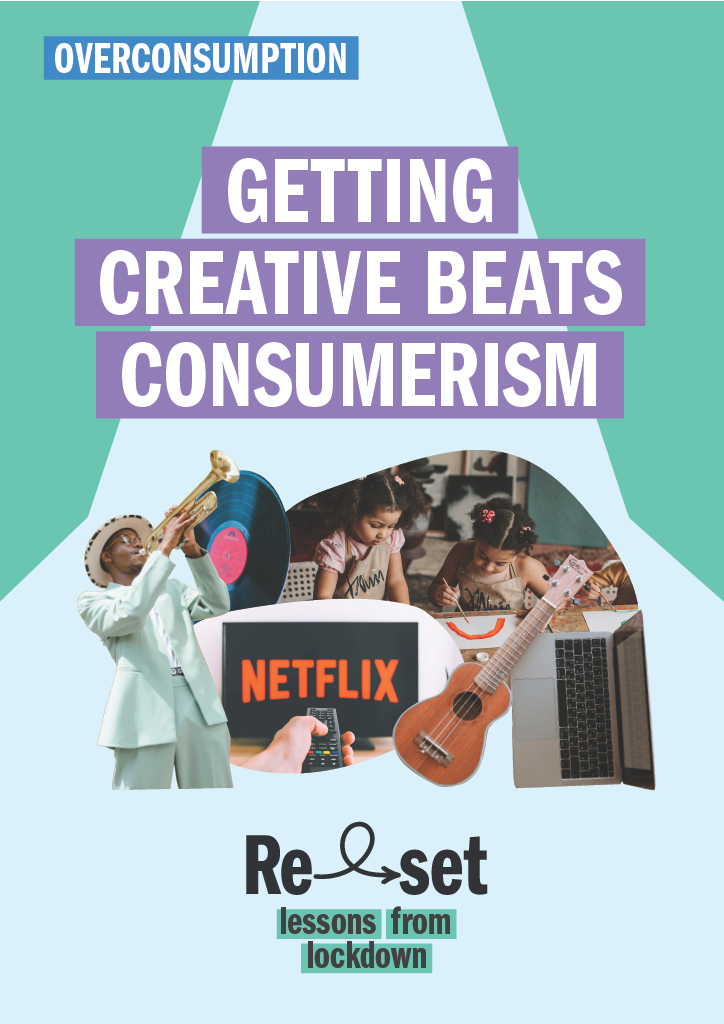As the pandemic spread and other countries and populations found themselves similarly trapped inside for much of the day with friends or family, there was an outpouring of human creativity. Families played old games, inventors made up new ones, people did art and craft in groups, and millions of others took advantage of a huge range of ready-made entertainment activities in the virtual world via online communities. Many of these revealed our need for connection and showed how well we functioned without the travel and razamatazz of elaborate, expensive activities.
Time together as laughing, singing, dancing people is vital to counter the way the economy so often boxes us into spending, competing, me-first people: the arts help us bring a more humane economy into being.
– Dr Katherine Trebeck, Wellbeing Economy Alliance
The pandemic tested aspects of our societies to the extreme but it also brought out moments of stunning creativity, shared humour – and the realisation that we also need the time to enjoy each other’s company without hang-gliding, bungee jumping or training to be a toastmaster (nothing wrong with any of these activities per se).

This story is part of the Reset series – a collection of short downloadable stories that look in more detail at over consumption and unnecessary travel. They consider some of the key messages and solutions that have become apparent during the pandemic that could help us make the rapid transition to a more sustainable future.
This guide has been made possible by the support of ClimateWorks Foundation.
 Finding pleasure in play, culture and experience rather than the false promise of shopping for more ‘stuff’, is a potentially big, positive step for raising our well being and lowering ecological impact. When shops closed during the pandemic it turned out that behind all that passive consumption, many people were in fact frustrated producers of their own entertainment and jumped, or in some cases danced, at the chance.
Finding pleasure in play, culture and experience rather than the false promise of shopping for more ‘stuff’, is a potentially big, positive step for raising our well being and lowering ecological impact. When shops closed during the pandemic it turned out that behind all that passive consumption, many people were in fact frustrated producers of their own entertainment and jumped, or in some cases danced, at the chance.